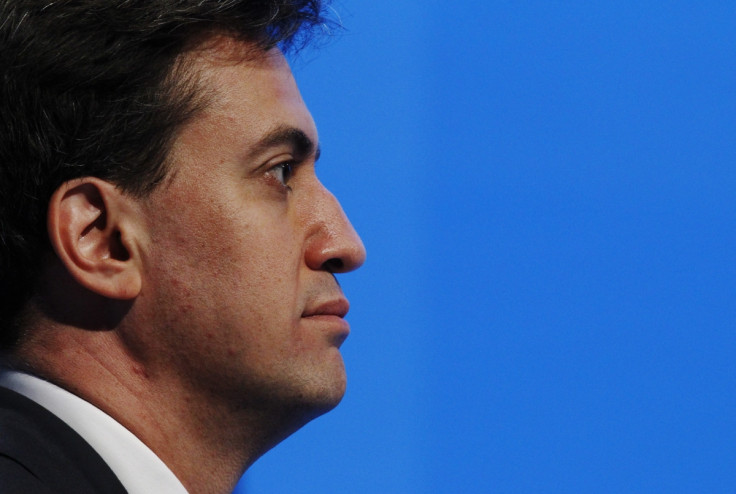Labour's Ed Miliband: Cost of Living Crisis UK's Single Biggest Challenge

Labour leader Ed Miliband insisted that what he calls the cost of living crisis is still the "single biggest challenge our country faces" despite an emerging economic recovery.
In a speech at the University of London, Miliband claimed that millions of people in Britain were still suffering because of a lack of working hours, sluggish wage growth and spiralling household bills.
He was attempting to show that although headline numbers suggested that the UK economy was recovering from the post-financial crisis slump, it was not filtering down to ordinary people.
"Some people at Westminster still ask me is the cost of living crisis such a big deal? Is it just a short term problem that will go away? It shows they just don't understand," he said.
Miliband added that the coalition government had "absolutely no clue of the scale of the problems and the scale of the solutions required".
He said a Labour government would freeze energy prices, offer better childcare support so parents could go to work, abolish the bedroom tax, which reduces housing benefit for those with spare rooms, and increase the minimum wage.
The cost of living crisis has become the Labour party's central narrative ahead of the general election in 2015, but has been threatened by a better-than-expected pick-up in the UK economy.
Wages are growing at an annual rate of 0.8% against consumer price inflation of 2%, meaning pay is in real terms decline.
However, the economic recovery was expected to gather pace across 2014 and many analysts expected wages to pick up while inflation remained subdued, easing the squeeze on incomes.
To bolster this and counter Labour's cost of living crisis attacks, chancellor George Osborne said minimum wage should be hiked above inflation to erase its real terms decline of recent years.
Osborne wrote to the Low Pay Commission, the independent body which advises the government on the minimum wage, suggesting there should be an increase – potentially of as much as 11% to £7 for those over 21 years old.
The government has also sought to boost the incomes of those on low pay by increasing the personal allowance threshold, which is the amount of earnings at which an individual pays tax. It will hit £10,000 in 2015.
© Copyright IBTimes 2025. All rights reserved.






















